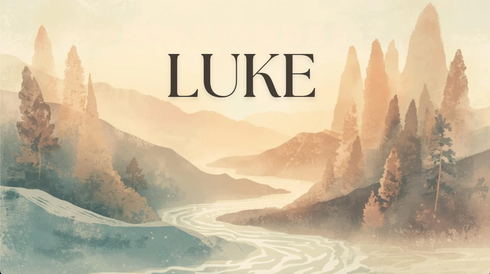
Ezekiel 17: The Riddle of Two Eagles
In Ezekiel 17, we encounter a fascinating literary device that God employs to communicate with His people: the Riddle of Two Eagles. This chapter serves as both a warning and a promise, packaged in symbolic language that required interpretation even for its original audience. The chapter opens with God instructing Ezekiel to deliver this riddle to the people of Israel, describing two great eagles and a cedar tree, with branches being transplanted and growing in different conditions.
The first eagle in the riddle represents Nebuchadnezzar, king of Babylon, who came to Jerusalem and took away members of the royal family and influential leaders. The cedar branch symbolizes the royal lineage of David, specifically King Jehoiachin, who was taken to Babylon. The seedling planted in fertile soil represents Zedekiah, who was placed on the throne as a vassal king under Babylonian authority. Initially, this arrangement was meant to allow Israel to continue existing, albeit under Babylonian control. The vine growing with its branches turning toward the eagle symbolizes Zedekiah's initial submission to Babylon.
However, the narrative takes a decisive turn when a second eagle appears, representing Egypt. Instead of remaining faithful to the covenant with Babylon, Zedekiah turned to Egypt for help in rebelling against Babylonian rule. This betrayal of trust is the central issue God addresses through Ezekiel. The question posed—"Will this vine grow and prosper?"—is answered with a resounding "No." God declares that the vine will be uprooted and will wither. This prophecy foretold the fall of Jerusalem and the complete destruction that would follow Zedekiah's rebellion against Babylon.
The spiritual lesson extends far beyond ancient political alliances. God emphasizes the importance of covenant faithfulness, integrity, and trust. Breaking sworn treaties—especially those made in God's name—carried severe consequences. The message applies powerfully to our lives today. Often, we resist the circumstances God has allowed in our lives, looking for shortcuts or easier paths rather than remaining faithful where He has placed us. Like Israel seeking Egypt's help instead of accepting God's disciplinary hand through Babylon, we sometimes grasp for solutions outside of God's plan, only to discover that these attempts at self-deliverance lead to greater difficulty.
Despite the somber warnings and pronounced judgment, Ezekiel 17 concludes with an extraordinary promise of restoration. God declares that He Himself will take a branch from the top of a cedar and plant it on Israel's highest mountain. This messianic prophecy points to God's ultimate plan to restore David's lineage through Christ. The imagery of birds finding shelter in its branches echoes Jesus' parable of the mustard seed, suggesting the global reach of God's kingdom. This beautiful conclusion reminds us that God's discipline always has restoration as its end goal. Even when we face difficult seasons or the consequences of our own poor choices, God is working toward renewal. His sovereignty means He can cut down the tall tree and make the short tree grow tall. He causes green trees to wither and gives dead trees new life. The chapter closes with God's emphatic declaration: "I, the Lord, have spoken, and I will do what I said." This promise encapsulates the hope that permeates even the most challenging passages of scripture—God remains faithful, even when we are not, and His purposes ultimately prevail for those who trust in Him.
Let’s read it together.
#biblebreakdown
Get this text to you daily by texting "rlcBible" to 94000.
The More we Dig, The More We Find.




